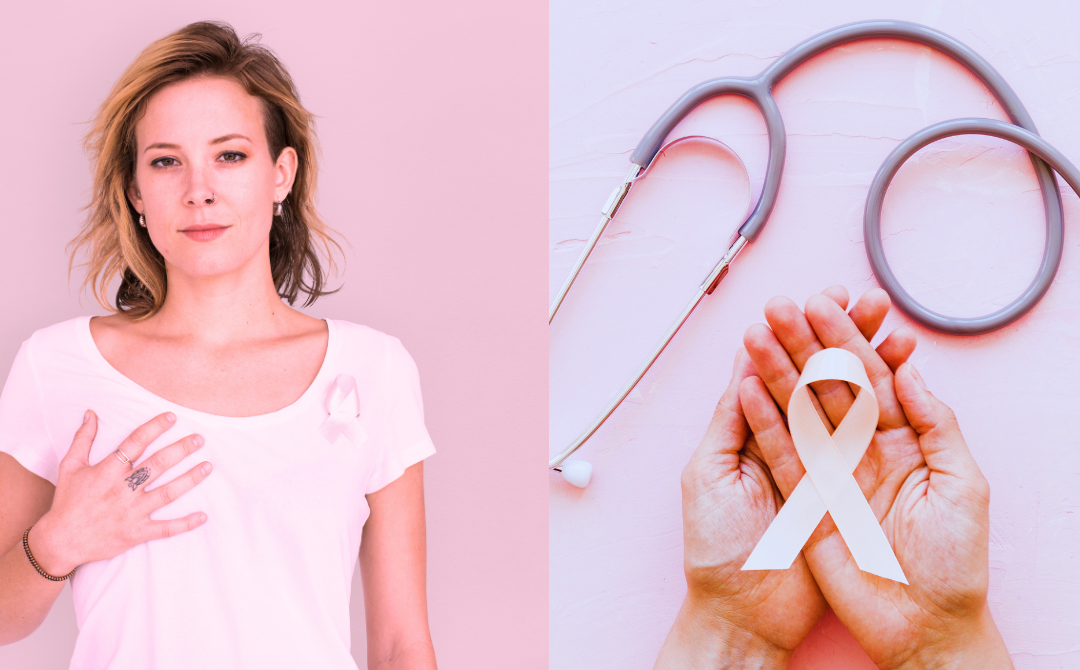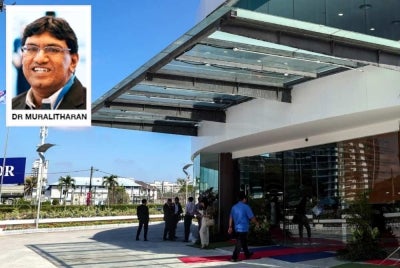Dense breasts may heighten cancer risk, screening vital
NURUL SHAHAMAH
BREAST cancer is a significant health concern for women in Malaysia and around the world.
The key to combating this disease effectively lies in early detection, which not only enhances treatment success but also improves survival rates.
According to Professor Dr Norhayati Mohd Zain from the KPJ Healthcare University's Faculty of Health Sciences Medical Imaging Department, women with a family history of cancer face a heightened risk of developing breast cancer.
A notable finding in recent studies is the link between breast density and an increased risk of breast cancer, a factor that remains under-acknowledged.
Breast cancer typically begins in the epithelial elements of breast tissue.
The density of the breast, which is determined by the proportion of glandular, connective, and fat tissues, plays a crucial role in the likelihood of developing cancer.
"Breast density in a mammogram image refers to the relative amount of these tissues in the breast.
"Dense breasts have more glandular and connective tissues relative to fatty tissue, which could affect cancer risk," she said in a statement.
Significantly, breast density cannot be gauged through physical examination but requires a mammogram analysis by a specialist.
Breast density is categorised into four types according to the Breast Imaging Reporting and Data System (BI-RADS) by the American College of Radiology:
- Fatty (Adipose Tissue): Largely fatty tissue.
- Scattered Fibroglandular: Predominantly fatty with scattered glandular and connective tissues.
- Heterogeneously Dense: Mainly glandular and connective tissues.
- Extremely Dense: Entirely glandular and connective tissues.
A 2019 study revealed that 66.4 per cent of Malaysian women have breasts classified as category 2, with Chinese women showing higher density than Malay and Indian counterparts.
Cancer Risk Awareness and the Knowledge Gap
In 2022, researchers from KPJ Healthcare University surveyed 120 women in Malaysia, who underwent mammograms in Negeri Sembilan and Kuala Lumpur.
They discovered that 65 per cent were unaware of the concept of breast density and its link to breast cancer risk.
Many mistakenly equated breast density with size and feel.
Alarmingly, 75.8 per cent were unaware of their breast density status, and results on breast density are often not communicated to women post-mammograms in Malaysia.
This lack of awareness hinders early cancer screening and appreciation of the need for additional examination methods.
Dr Norhayati stressed that women with dense breasts should consider supplemental methods like ultrasound or MRI for more accurate cancer detection.
The study found that 95 per cent of respondents agreed on the importance of being informed about their breast density after mammography, highlighting the necessity for increased awareness and regular screenings.
Although breast density is unchangeable, Dr Norhayati suggests several measures to manage cancer risk:
- Engaging in regular exercise.
- Consuming olive oil.
- Maintaining a low-animal-fat diet.
- Limiting alcohol consumption.
She added that raising awareness about cancer signs and symptoms and the importance of understanding breast density is crucial for early detection and effective treatment of breast cancer.
Download Sinar Daily application.Click Here!













